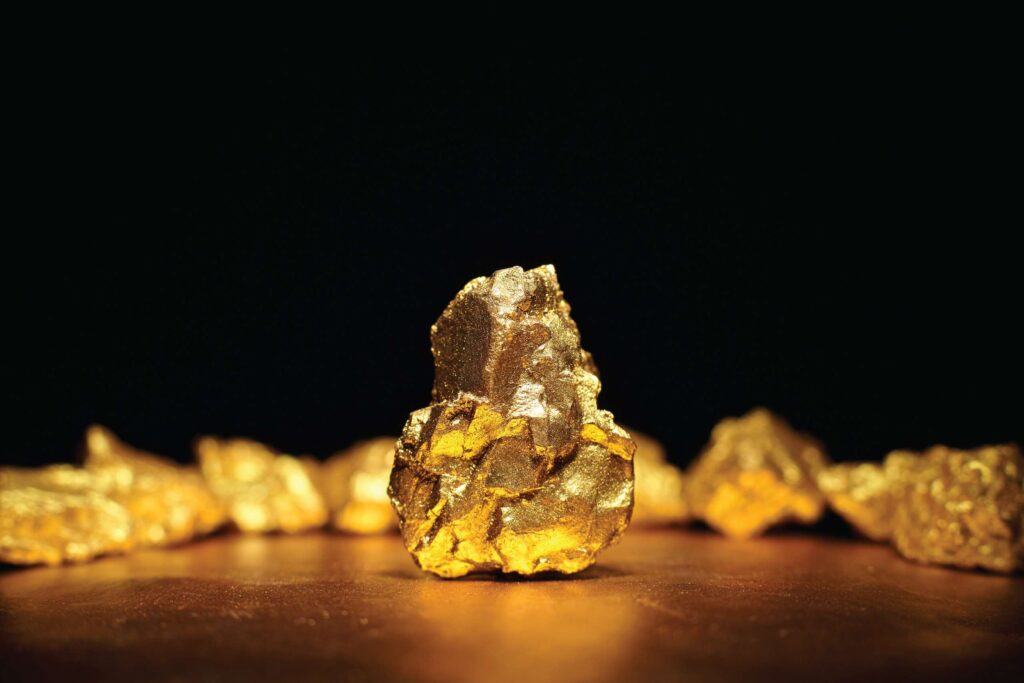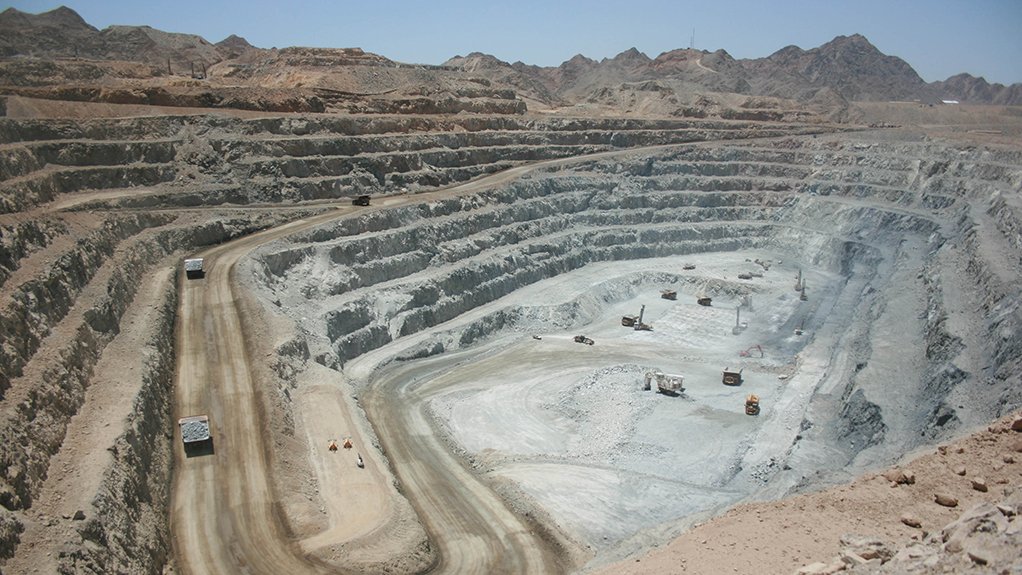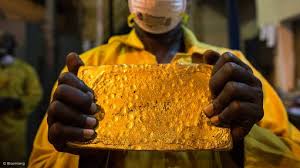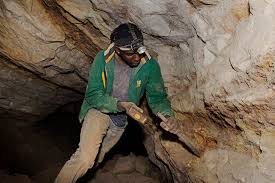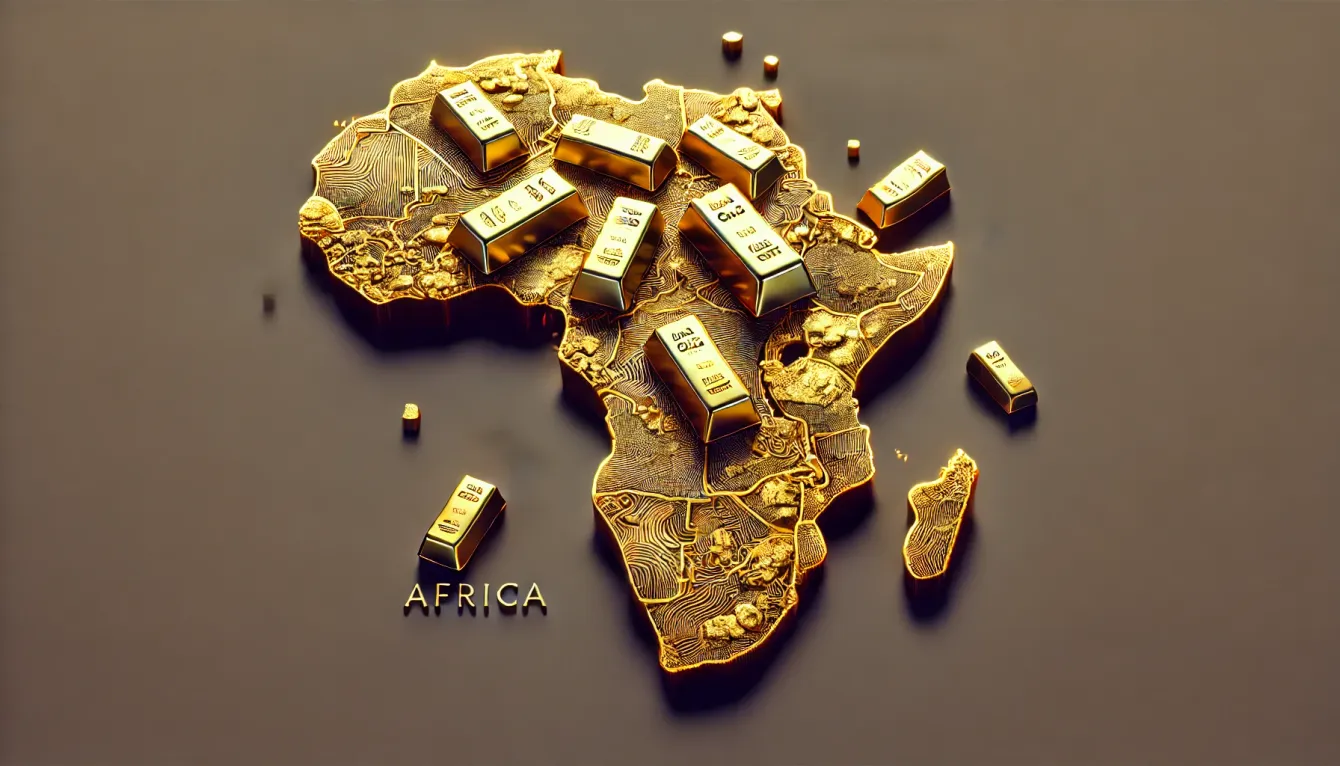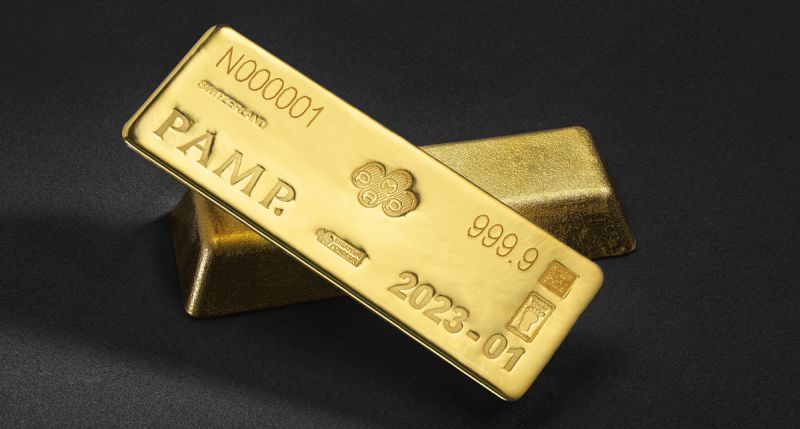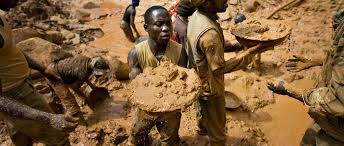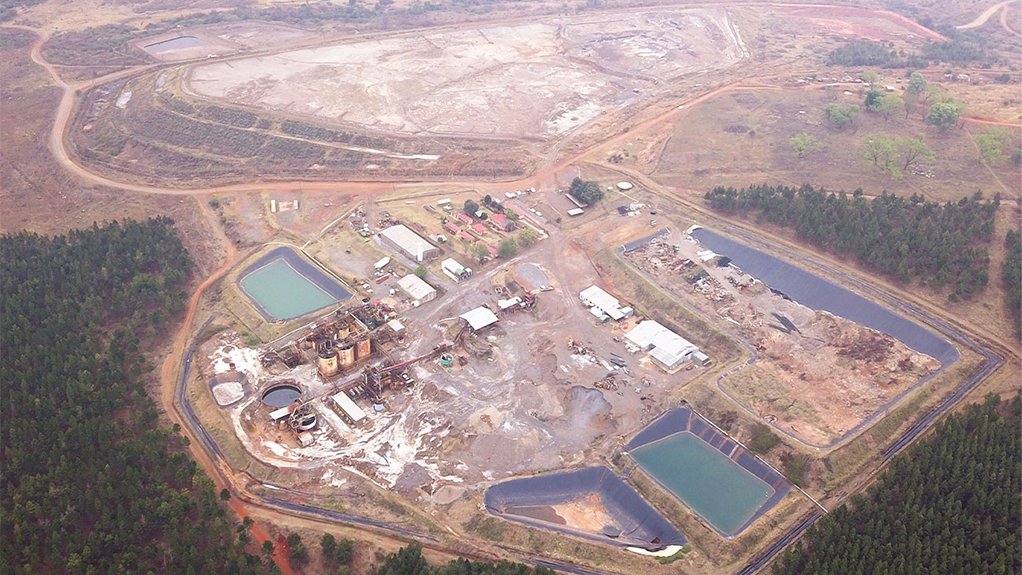Precious Metals

Côte d’Ivoire Moves to Legalize and Trace Small-Scale Gold Mining
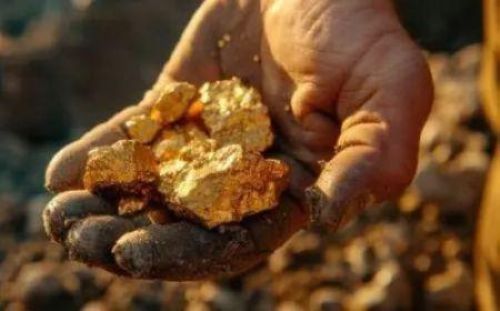
Côte d'Ivoire signed an agreement with the World Bank and the World Gold Council on Friday, July 11, to enhance the capacity of small-scale gold mining operators. This initiative is part of the Ivorian government's strategy to combat gold smuggling, which is estimated to exceed $4 billion in 2025.
The project, named the Multistakeholder Partnership for Responsible and Sustainable Small-Scale Mining (MSPI), involves mining companies Endeavour Mining and Perseus Mining, along with Cote d'Ivoire’s national chamber of mines. Planned activities include training programs to help small miners adopt international environmental and social standards and gain access to official gold trading markets.
The World Gold Council intends to establish model small-scale mining sites where production will be fully traceable and legally marketed. However, key implementation details for Côte d'Ivoire have not yet been disclosed. These include dedicated financing, the number of miners involved, or how much gold might be redirected into legal channels.
Launched in 2023, the MSPI’s first phase targets selected countries in West Africa and the Sahel and is set to conclude in 2025. A second phase will begin in 2026 and run through 2033, gradually expanding to include more countries and regions. The rollout in Côte d'Ivoire coincides with a national awareness campaign led by Minister of Mines Mamadou Sangafowa-Coulibaly against illegal gold mining.
A Hidden Fortune to Recover
Beyond its environmental and security impacts, illegal mining is a major driver of gold smuggling. A 2024 report by Swiss non-governmental organization SWISSAID estimates that 30 to 40 metric tons of gold leave Cote d'Ivoire illegally each year. According to the World Bank, 40 tons were smuggled out in 2022 alone, valued at over $2 billion at that year’s prices. At current gold prices, the figure exceeds $4 billion. Without illegal exports, a portion of this revenue could return to the state through taxes and royalties.
SWISSAID noted that virtually all gold from artisanal and small-scale mining (ASM) in Côte d'Ivoire is not officially recorded by the authorities and therefore does not appear in government statistics. The organization highlighted a surge in small-scale gold production, following industrial mining output more than doubling over the past decade.
This boom is partly explained by the influx of Burkinabe and Malian nationals fleeing violence in their home countries, as well as the government’s regained control of previously rebel-held zones. Yet efforts so far have failed to curb the spread of informal mining. This pattern is seen across major African gold producers such as Mali, South Africa, and Ghana.
In Ghana, crackdowns on illegal miners have in recent years been coupled with initiatives aimed at formalization and job transition programs for those seeking alternative livelihoods. While the results of the MSPI program remain to be seen, Ivorian authorities are currently relying on community involvement to fight illegal mining. This includes local monitoring, early warning systems, and the search for sustainable alternatives, Minister Sangafowa-Coulibaly explained.




